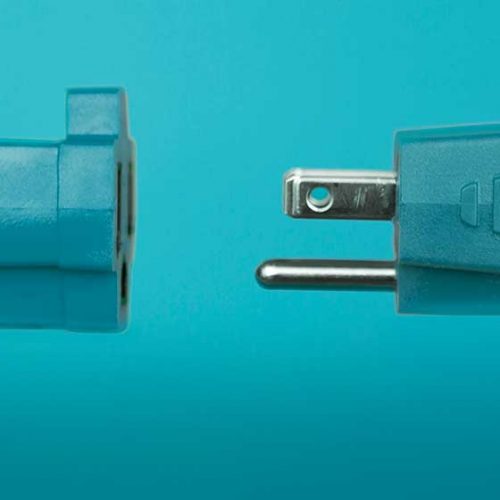
RMI Outlet
Plug Into New Ideas

Taking Fuel Economy Further
Last week, President Obama announced a plan to boost the fuel economy of vehicles sold in the U.S. from 27.5 to 54.5 mpg beginning in 2017—effectively doubling fuel economy standards by 2025. This important step—agreed upon by the auto industry after some wrangling—to reducing America’s reliance on foreign oil requires annual fuel-economy increases of 5 percent for cars.

Size Matters
Electric vehicle (EV) and clean energy advocates rejoice! The first mainstream EVs to hit dealerships across the U.S., the Chevrolet Volt and Nissan Leaf, both received top safety ratings from the Insurance Institute for Highway Safety. As the Associated Press reported: “While both the Leaf and Volt are classified as small cars, the institute said their heavy battery packs put their weight closer to large sedans. The Volt, for example, weighs 3,760 pounds, which is close to the weight of the Chevrolet Impala. The Leaf weighs 3,370 pounds, which is similar to a Nissan Altima midsize car. That extra mass helps protect their occupants, since heavier cars are less likely to be pushed around in a crash.” [emphasis added] But there’s a problem with this last thought: weight is conflated with size.

Amory Lovins On Sustainable Business
This week, more than 130 cleantech leaders gathered to listen to renowned sustainability consultant Amory Lovins at the Northwest Energy Angels (client) luncheon hosted at REI. Lovins, who dropped out of Harvard but has 11 honorary doctorates, 29 book titles in his name (working on his 30th), named TIME’s Hero of the Planet, among dozens of other accolades, co-founded one of the most influential non-profits focused on the efficient and restorative use of resources – Rocky Mountain Institute.